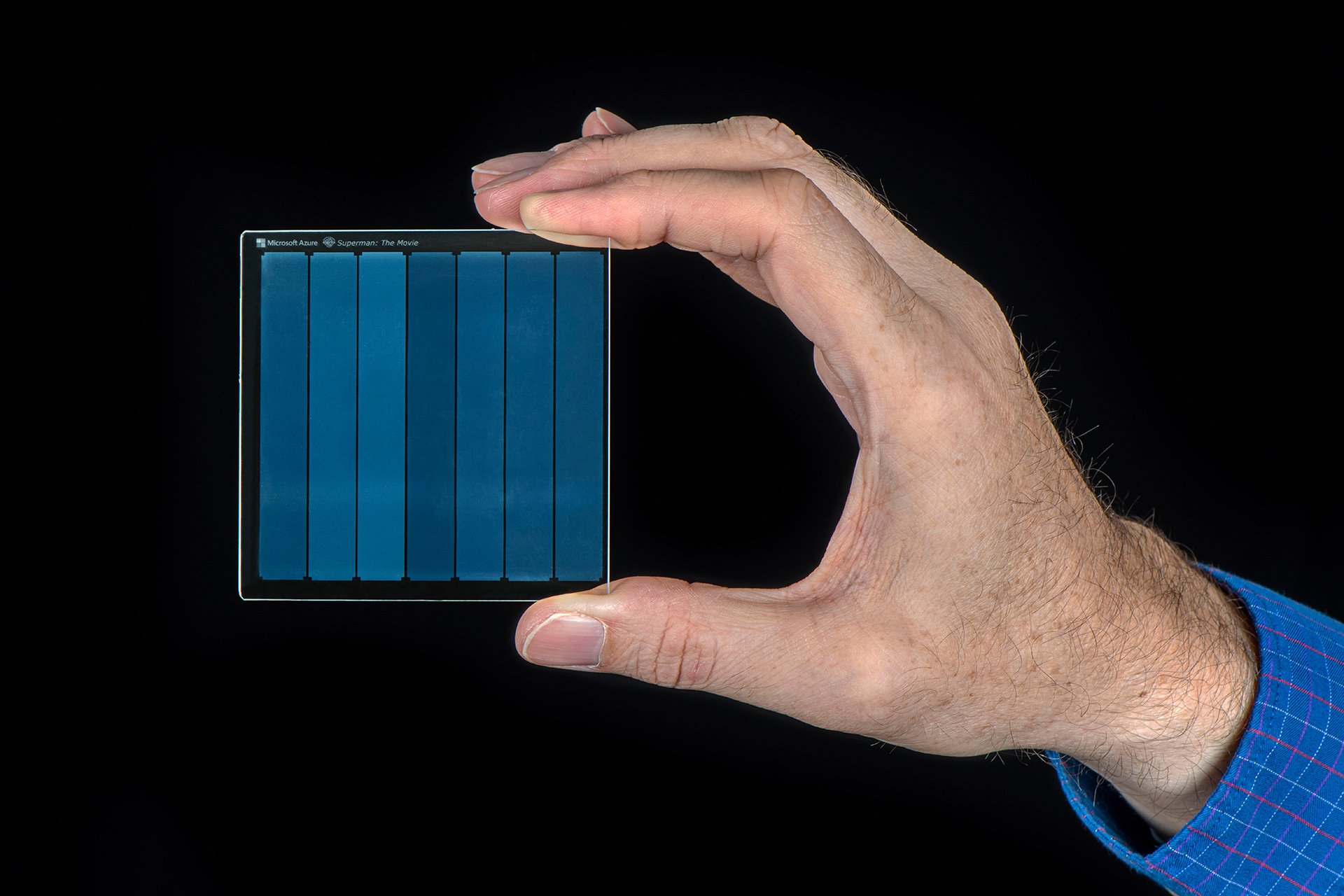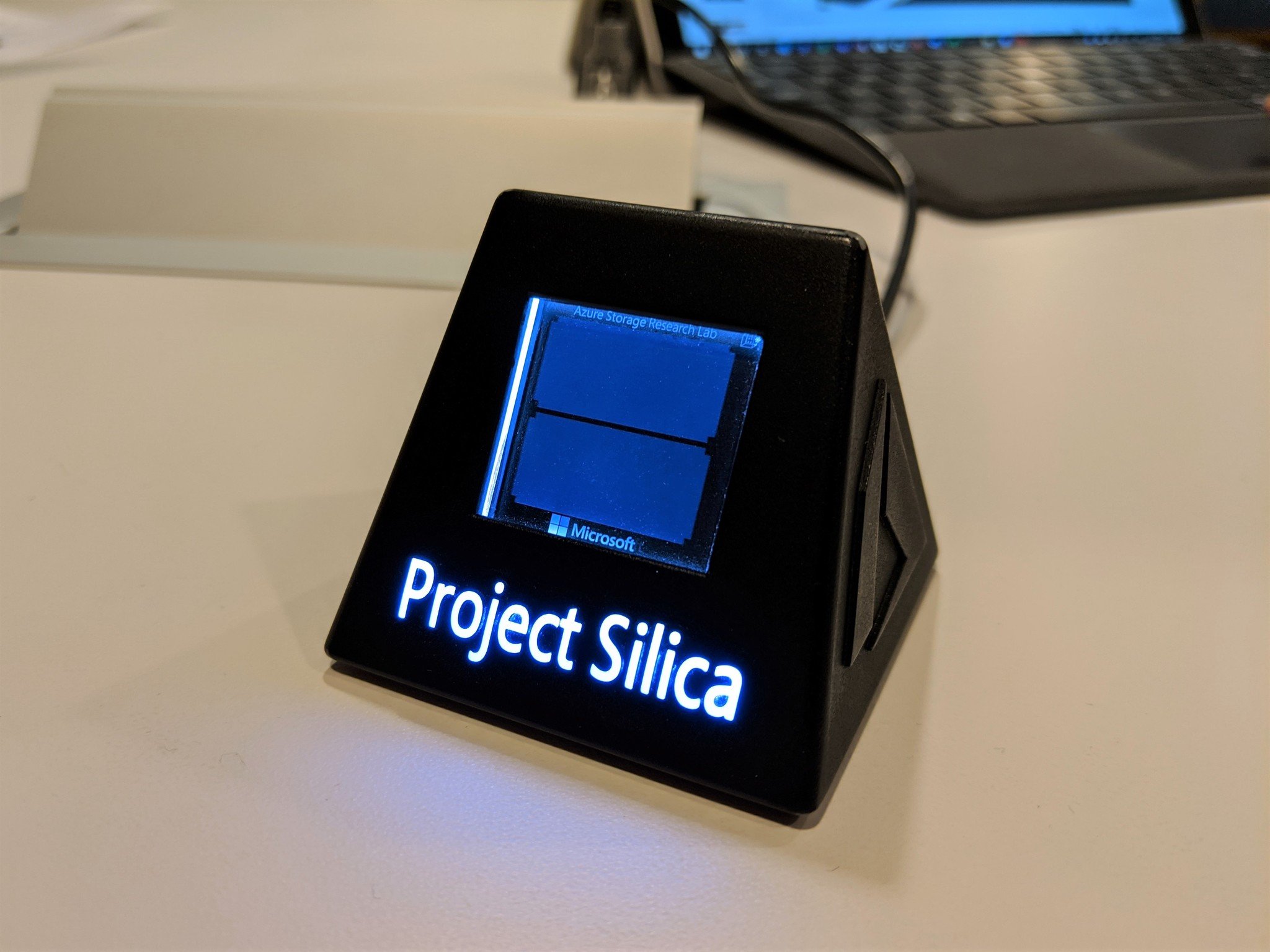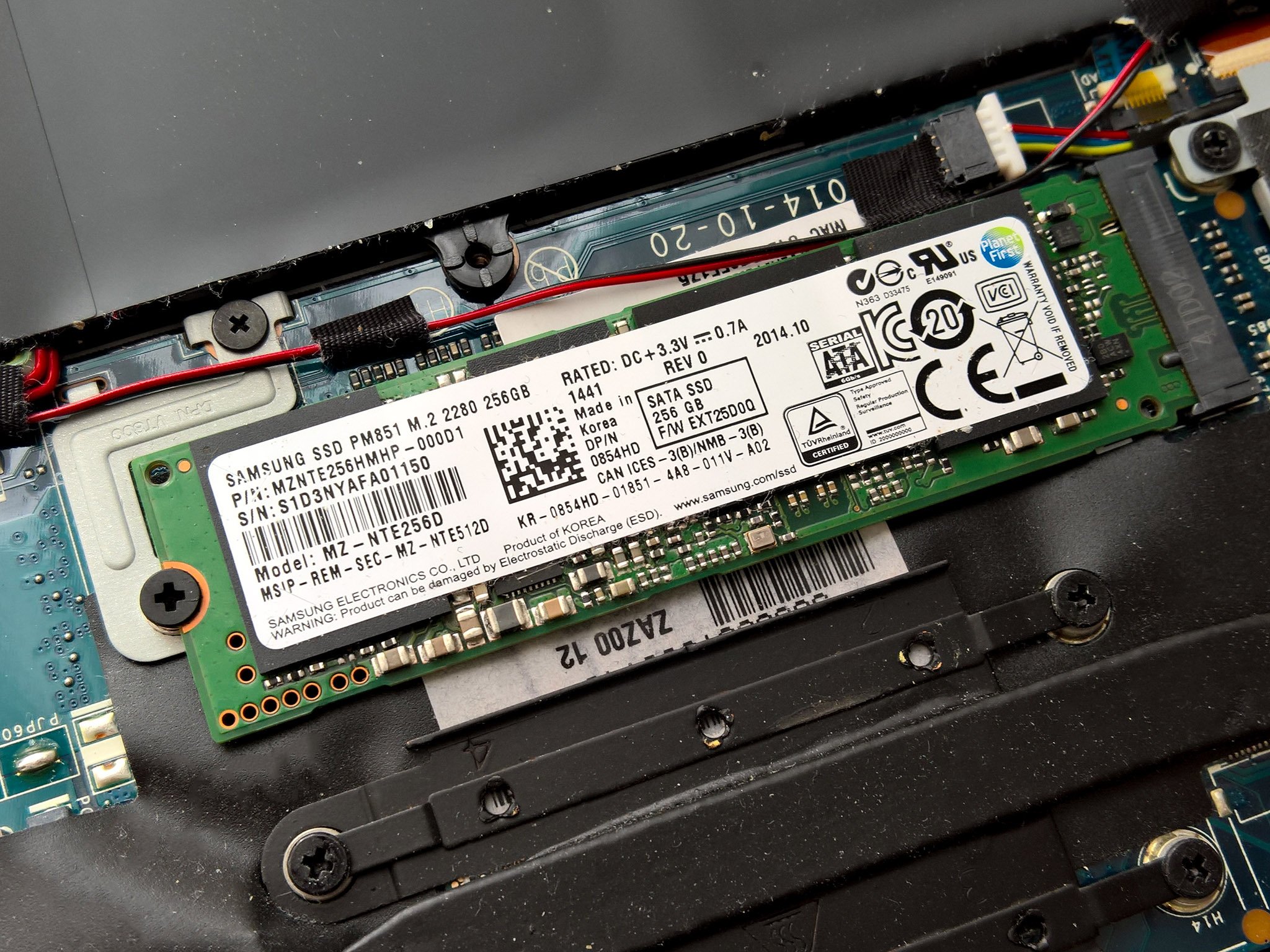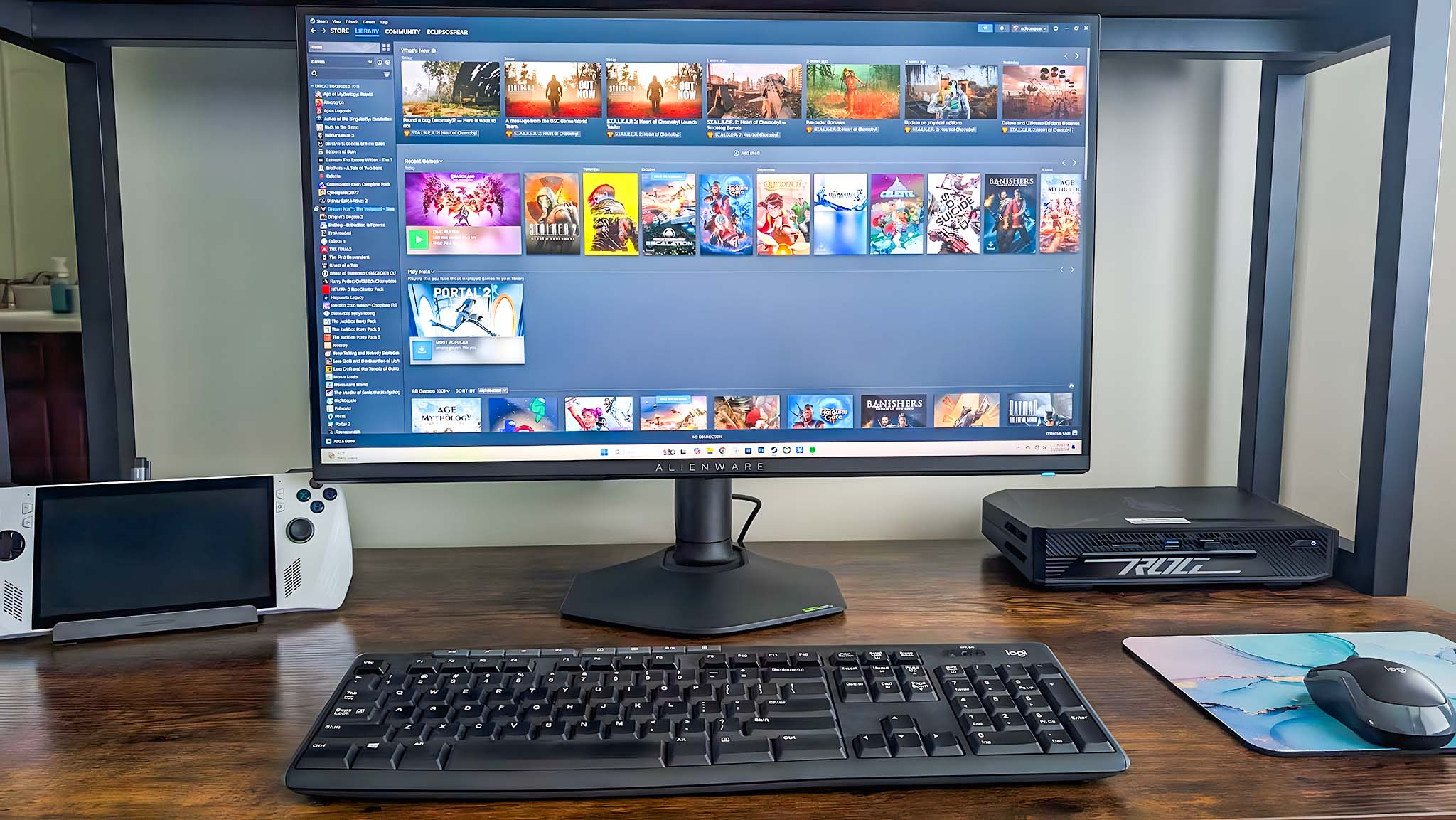Cool tech: Storing data on glass with Microsoft's 'Project Silica'
Microsoft is building a new medium for storing archival data for prolonged periods of time, known as Project Silica.

All the latest news, reviews, and guides for Windows and Xbox diehards.
You are now subscribed
Your newsletter sign-up was successful

At Ignite 2019, Microsoft unveiled 'Project Silica', a venture that Microsoft Research has been working on for the last several years that uses laser optics to store virtual data on quartz glass. This is tech designed primarily for storing archival data in the cloud and benefits from long-lasting reliability that stretches into centuries.
This is a huge deal, as storing data for a prolonged time today is a process that needs to be repeated to ensure that data stays good. Hard drives don't last forever and will deteriorate over time. Microsoft hopes that Project Silica will replace tape and optical drives for companies looking to store data for long durations in the cloud.
Unlike tape and optical drives, Project Silica is a block of high-purity quartz glass, which has data etched into it via femtosecond lasers. The data is stored in three-dimensions inside the glass and is read using a microscope imaging and polarized light source. The glass itself is stored in cold storage and can last for longer than a century.
It's early days for Project Silica
The tech is all very futuristic, but it's still very early days for Project Silica. I was shown a small piece of glass that had the Windows 10 ISO stored on it. This equates to around 3.5GB of data, which according to Principle Researcher at Microsoft Research, Dr. Ant Rowstron, took an entire night to write to the glass. That's not very fast, but Microsoft is hopeful this tech will improve and mature over time.
The machinery required to write the data to the glass today is huge, but Microsoft says this tech will be miniaturized over time, with read and write speeds also improving. Microsoft hopes to have this tech in use in Azure data centers within the next decade, so this isn't something you should expect to see in commercial use tomorrow.
It's important to point out that this method of storing data isn't intended for consumers. This is for big companies looking to store archival data. You move data onto it once and rarely touch it again. Microsoft doesn't anticipate this tech will replace storage solutions inside laptops or phones, for example, as that's not what it's indented for.
How is this better than traditional storage mediums?

So why is glass better than what we already have for archiving data? Tape works just fine, as do optical drives. The problem with those forms of data storage is that they deteriorate over time. Tape doesn't last forever, and optical drives last even less time than that. Project Silica solves this problem as, well ... it's glass. It doesn't degrade over time, meaning you can store data on it for as long as it doesn't get smashed or melt.
All the latest news, reviews, and guides for Windows and Xbox diehards.
It's also unaffected by things like water or magnets. It's very easy to destroy tape or optical drives accidentally, but glass, when stored in an archival data center, should be pretty safe from any outside elements. So that's what Project Silica aims to solve: become the best archival cloud storage solution for big companies looking to store large amounts of data.
Project Silica is still a long way from being a commercial product. Yet, Microsoft has signed a partnership with Warner Bros that will see the entertainment giant store its data, such as movies, on Project Silica when it's ready. At Ignite 2019, Microsoft showcased the Superman movie stored on a tiny piece of glass, equating to 76GB of data
This project is easily one of the coolest things I was shown during my time at Ignite 2019 and is just one example of how Microsoft is innovating in spaces I didn't think twice about. What are your thoughts on Project Silica? Let us know in the comments.

